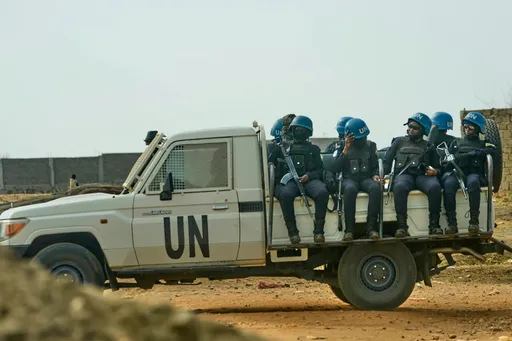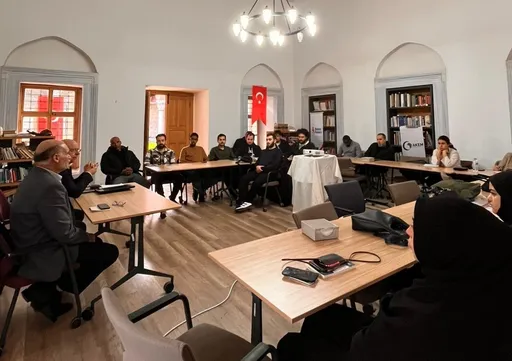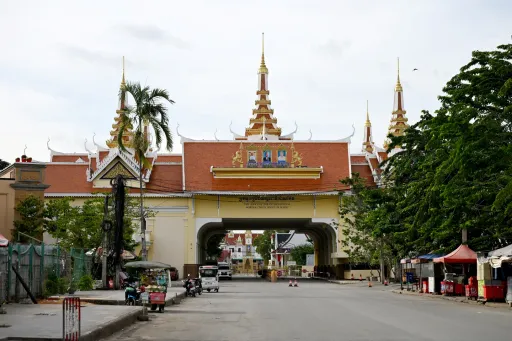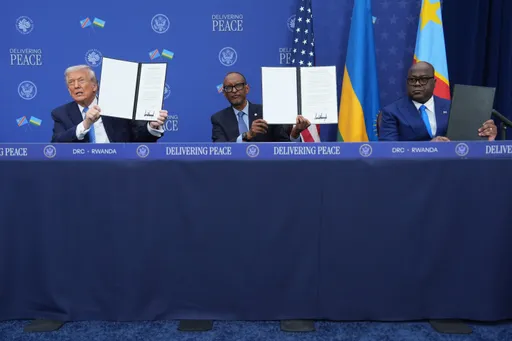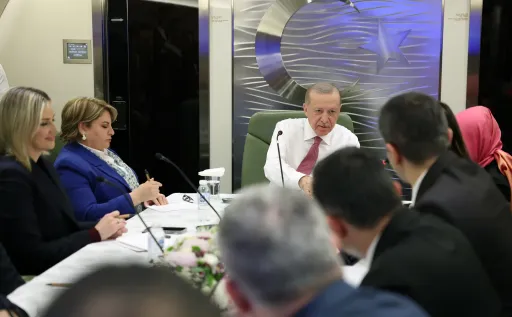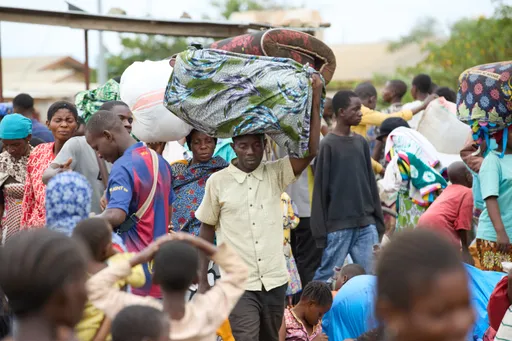Germany and Tanzania have entered into discussions to repatriate the remains of individuals who lost their lives during Tanzania's independence struggles, which are currently housed in German museums.
President Samia Suluhu made this announcement during a joint press briefing with visiting German Pres ident Frank Walter Steinmeier.
"There are families awaiting the remains of their beloved, which are currently stored in German museums," President Samia Suluhu said on Tuesday.
'Colonial past'
"Having once been under German colonial rule, significant changes have transpired within our administration. Extensive dialogues surrounding the historical period of colonial rule have taken place. Today, we stand prepared to engage in meaningful discussions aimed at achieving a mutual understanding of the events that transpired during Tanzania's colonial past," Suluhu added.
President Suluhu noted that Germany and Tanzania had discussed key issues to bolster their bilateral ties.
For his part, Steinmeier said that, "We have engaged in meaningful discussions regarding the historical events of the colonial period. It is of utmost importance that we reach a consensus, allowing us to embark on in-depth research to enhance our understanding of this pivotal chapter in our history."
'Endured hardships'
He added "I am determined to meet those who endured the hardships of that period and listen to their stories and experiences. I will convey their narratives back in Germany as part of our commitment to rectify historical injustices, including the repatriation of remains of those who died from Germany."
Steinmeier promised to strengthen the ties and enhance cooperation between their two nations, further underscoring their commitment to mutual progress.
During colonial times in Tanzania, the nation endured a painful history marked by atrocities, suffering, and exploitation.
The local population faced forced labor, land dispossession, and the loss of cultural heritage, leaving deep scars that continue to influence the country's social and political landscape today.









